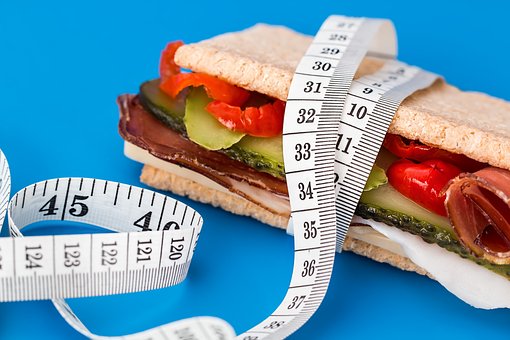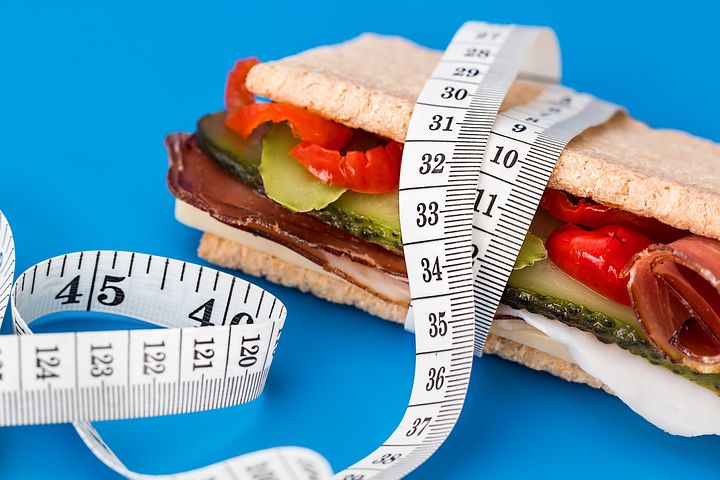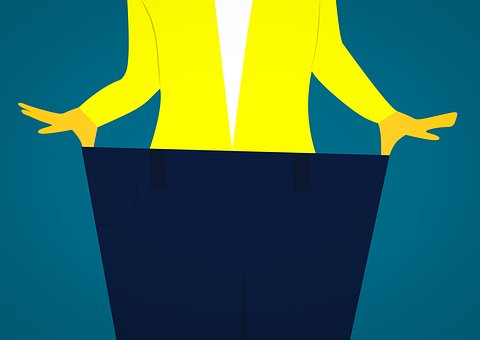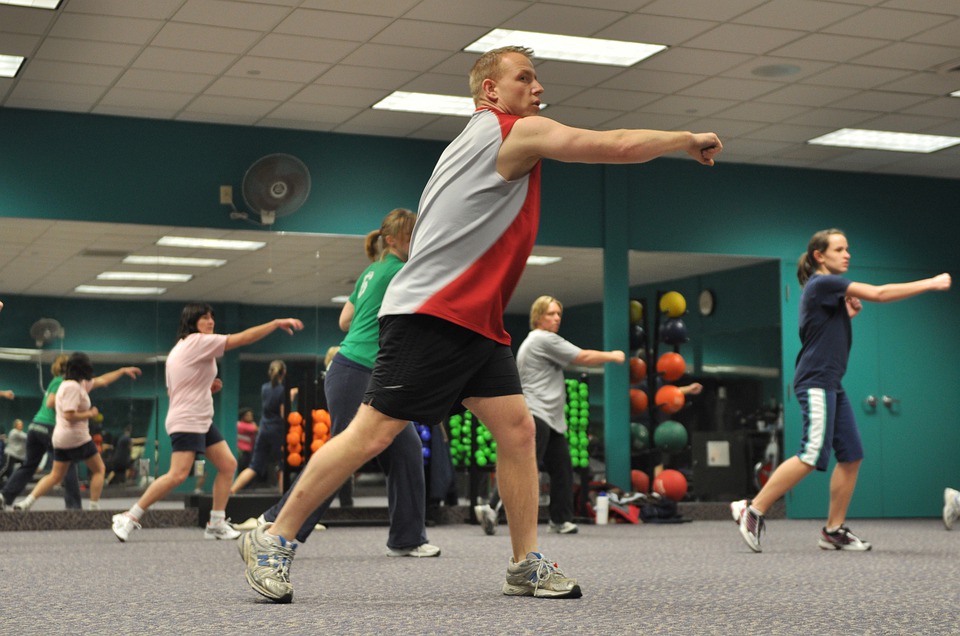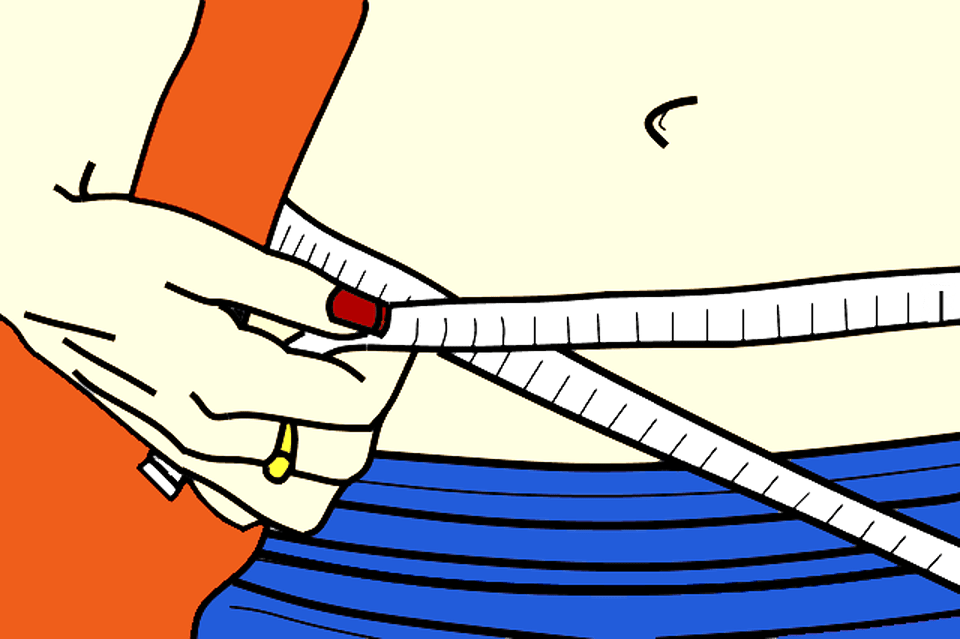
As a society, we are constantly bombarded with the message that the only way to lose weight is by cutting down on the number of calories we consume on a daily basis. What if I told you that the previous statement is not true? If you want to lose weight, you might need to eat more food.
If you want to be successful, you need to have a plan that you can easily follow and stick to. If you want to create your own diet plan, here are some tips to help you eat more, lose weight, and enjoy your diet!
1. Pump Up The Volume
Your stomach is not responsible for calorie counting. High-calorie foods that don’t have a lot of volumes—such as oils and ice cream—aren’t very filling, even though they’re very high in energy. The goal is to eat a lot of food so you feel full.
The amount of food you eat isn’t as important as the volume of food you eat. The amount of food you eat is less important than the volume of food you consume. When trying to lose weight, you need to focus on both the quality and quantity of the food you eat. If you want to lose weight, you need to focus on eating the right types of foods. Once you have found the right foods, eat a lot of them.
Some people make this appear harder than it really is. Use your intuition to decide whether food is something you should be eating. Instead of thinking of foods as “good” or “bad,” think of them in terms of what nutrients they provide and how they can help you achieve your goals.
Take a doughnut for example. If you are trying to lose weight, you can still have doughnuts occasionally as long as they fit into your overall diet. You can eat junk food, but it’s not a good idea because it doesn’t have any nutrients, it’s not filling, and it’s high in calories. The sugar in candy gives you a short burst of energy, but then you will feel tired soon after. Then you’ll crave more sugar. That’s not a fun cycle.
You’ll feel better if you find nutrient-dense foods you can eat a lot of. You will also feel fuller. The foods mentioned will help you achieve your goals.
2. Don’t Go Cut Crazy
Cutting calories or eliminating food groups is not a good way to lose weight. Do you know why? Because at the end of the day, it works! You cut carbs, and guess what happens? You become more conscious of the foods you’re consuming. If you want to lose weight, you need to create a calorie deficit by eating less food. Great, right? Well not really. You’re developing an unhealthy relationship with food if you’re always thinking about what you’re going to eat next or feeling guilty after you eat.
If you’re not careful with how much you’re eating and the types of food you’re consuming, you won’t be able to sustain any weight loss. You will eventually end up overindulging, falling off your diet, and having to start all over again.
This text is saying that counting calories is not bad and that the author also counts calories. Anything that makes you more aware of what you’re eating is a good thing. Calorie counting alone will not help you to achieve your desired results. To reach your goals for weight and fat loss, you need to track your macros as well.
3. Master Your Macros
macros = macronutrients (protein, carbs, fat) Simply counting the number of calories you eat is not enough to tell you if you are getting enough of each food group if you got enough protein to add muscle, or enough carbs or fats to stay satisfied.
Macro counting allows you to see how many calories are in different foods and food groups so that you can better meet your goals. When you calculate your macros, you create a diet plan that is tailored to your specific needs and that will help you achieve your goals. This is opposed to guessing what you should eat, which can lead to inefficient and ineffective results.
Since people are so different, it is difficult to make definitive recommendations about macro intake. To calculate your macros, start with a total daily energy expenditure (TDEE) calculator to determine your current caloric needs, or multiply your body weight in pounds by 15 for an easy estimate.
After finding out how many calories you need, you can determine the amount of each macronutrient that should be in your diet. The amount of protein and fat you should consume per pound of body weight is 1.2 grams and 0.5-0.7 grams respectively. The rest of your calories should come from carbohydrates.
You will find it much easier to achieve your goals if you learn to think in terms of the big picture, or “macros.” Once you have a clear understanding of the overall goal, the details will fall into place much more easily. Think about what you want to achieve and what mix of macros will help you get there. After you calculate your macros, divide them into three meals and a few snacks throughout the day. You might think that calorie counting is a lot of work, but it’s actually no more work than any other weight-loss method.
Instead of just adding up the number of calories you’re eating in a meal, add the grams of protein, carbs, and fats separately to ensure you’re hitting your macro targets. This will give you a more accurate picture of what you’re eating and whether or not it fits into your overall diet plan.
Surprisingly simple tips from 20 experts about how to lose weight and keep it off
I spoke with more than 20 experts on diet and nutrition, including registered dietitians, physicians, and researchers, from across North America about weight loss. They have written or reviewed hundreds of studies together and treated thousands of patients. I asked them what advice they would give to people who struggle with their weight based on the best available evidence. What are the commonalities among your patients who lose weight and keep it off? Where do people go wrong? I distilled what they told me, for you.
1. There really, truly is no one “best diet”
The experts I spoke to said that science has shown us that all diets have the same modest results in the long run, no matter their macronutrient composition.
According to Dr. Mark Eisenberg, who recently reviewed the available research on the South Beach, Atkins, Weight Watchers, and Zone diets, all of these diets can be effective for weight loss. The authors found that no matter what diet was followed, people tended to lose about 5-7 pounds in a year. However, they also found that people tended to regain some of that weight later on.
Other large-scale studies have come to the same conclusion as this latest bit of research. The trial involved 300 women who were randomly assigned to one of three diets: low-carb, high-carb, or low-fat. The researchers found that, while women on a low-carb diet (specifically Atkins) lost a slightly larger amount of weight, weight loss through this diet was “likely to be at least as large as for any other dietary pattern.” In other words, there was no “best diet.”
The researchers I spoke to said that instead of trying to understand the effectiveness of one diet over another, they were trying to understand how different individuals with their varied personalities, preferences, and genetic makeups respond to different lifestyle changes. The future lies in finding more specific alternatives to the current approach of one size fits all, they said.
We don’t know for sure what the best way to lose weight is yet, so we should feel free from the pressure of having to commit to any one diet. The research suggests that there isn’t a perfect diet for everyone, so we should feel liberated to choose what works for us as individuals. Although it may be commonly believed, science and experience have shown us that this is not the case. You can save money by not following fad diets that come and go. You don’t have to force your habits and preferences into an unreasonable diet plan that will eventually fail. Instead of crash dieting, the experts suggested finding a way of eating fewer calories that you like and can stick to, as well as focusing on eating more healthfully overall.
You want to have three meals a day and you want to space them out.” The first thing you want to do is eat regularly, according to Dr. Arya Sharma, director of the Canadian Obesity Network. He suggests having three meals a day and spacing them out. If you’re starving, you’re not going to make choices that are based on logic. This doesn’t mean that you should be snacking all the time, but you should make sure that you’re not arriving at your next meal while you’re still hungry. Then, he advises patients to eat more fruits and vegetables and to eat fewer “empty calorie foods,” such as sugary drinks and processed snacks.
The approach Matt Fitzgerald takes is similar to that. He told me he ranks foods on an evidence-based quality hierarchy, from more healthy to less healthy:
- Vegetables
- Fruits
- Nuts, seeds, and healthy oils
- High-quality meat and seafood
- Whole grains
- Dairy
- Refined grains
- Low-quality meat and seafood
- Sweets
- Fried foods
2. People who lose weight usually keep track of what they weigh and how much they eat.
The National Weight Control Registry is a study that has looked at the characteristics, habits, and behaviors of adults who have lost at least 30 pounds and kept it off for at least one year. The study currently has more than 10,000 members enrolled, and these folks respond to annual questionnaires about how they’ve managed to keep their weight down.
The researchers found that people who weigh themselves at least once a week are more successful at losing weight. The most commonly reported exercise is walking, although the intensity of the exercise varies. To lose weight, they restrict their calorie intake, stay away from high-fat foods, and watch their portion sizes. They also tend to eat breakfast. There is a lot of diversity in what makes up their meals. There is no best diet or fad diet, and they count calories.
The last point is something that obesity physician and Diet Fix author Dr. Yoni Freedhoff spends a lot of time thinking about. The nutritionist recommended starting with a food diary. “Although they may not be sexy or fun, it is important to assess your current diet and eating habits before making changes.”
A food diary is a tool that can help you to assess your current eating habits, identify areas where you may need to make changes and set goals for improving your diet. He said that a food diary can help you stay focused on your weight-loss goals as you progress. This sentence is saying that if you keep track of the food you’re eating, it will help remind you that you’re trying to make healthier choices.
People who lose weight are successful because they identify their barriers to weight loss and their motivations for wanting to lose weight. They set goals and make plans to overcome their barriers.
The National Weight Control Registry cannot be used to experiment with different weight-loss interventions because it does not randomize groups of people. It does not take people who are not successful and examine what they did to be so. This group of people is highly motivated because they continued to weigh themselves and track their diet even after they lost weight.
The experts said that the people they have seen who were successful in sustaining weight loss identified their goals and motivations and were able to hold on to them for the extended period of time it took to lose the weight and maintain the weight loss.
To get this information from patients, Dr. Matthew Gillman said he always starts by asking them about their weight-loss intentions. I will ask someone about their goals, how they plan to achieve them, what would help them make changes, and how confident they feel about making those changes.
It is just as important, said Dr. Sharma, to identify barriers to weight loss. If you’re eating more calories than you’re burning, you’re going to gain weight.” You need to figure out why you’re gaining weight before you can do anything about it. If you’re eating more calories than you’re burning, you’re going to gain weight. It could be genetic. There are many possible explanations for why someone might be obese, including stress, chronic illness, and medication. There is also a clear connection between obesity and other social factors that affect health, such as income and education. Some of these barriers will be harder to overcome than others. He said it is really important to isolate and address lifestyle changes wherever possible.
3. Diets often fail because of unreasonable expectations
Dr. Maria Collazo-Clavell, a Mayo Clinic obesity specialist, said that people make mistakes when they think about weight loss in terms of a short time horizon: for a summer holiday, or an upcoming wedding. “These short-term approaches do not work,” she said.
They’re going to have to lose weight over a period of years.” Dr. Gillman from Harvard believes that people should lose weight gradually over time, as they gradually gained it. They are not going to turn it around overnight. You will be more likely to regain the weight you lost if you try to do that.
Dr. Freedhoff said that he often sees people either not eating enough food or exercising too much at the beginning of their weight loss journey. When people see the number on the scale go down, it’s tempting to continue with that diet or exercise plan. However, such restrictive plans are often unsustainable in the long term. He stated that people who are trying to diet often have a problem with perfectionism.
Dr. Lawrence Cheskin, director of the Johns Hopkins Weight Management Center, says that you don’t need to be perfect to be successful. You just need to be smart about your choices.
Katherine Zeratsky, a registered dietician at the Mayo Clinic, said that having unrealistic expectations often leads to self-berating, which in turn makes weight loss more difficult. When people try and fail to make a change, they often lose confidence that they can sustain a more reasonable change or that the reasonable change will even make a difference.


